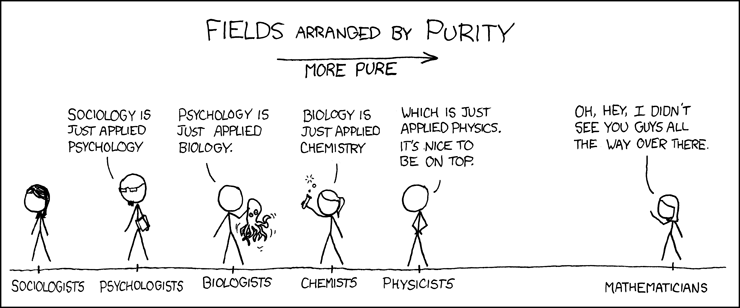- Joined
- Jul 4, 2009
- Messages
- 83
- Reaction score
- 2
I know this is a ditzy question. But I've never been the type of student that does well learning stuff that doesn't seem immediately relevant. Lots of things interest me, but math is not one of them, even though I'm apparently good at it when pressure is on (I killed the Math section of the SAT). Also, I've never been motivated by good grades alone. My interest in a subject is what drives my success. I probably should have put off math until later when I might have a better appreciation for how it is relevant or important, but I just wanted to get it over with. Can someone share some wise words to help me get motivated by better understanding the importance of math toward the rest of my pre-med curriculum and eventual ambition to become a doctor?


 .
.